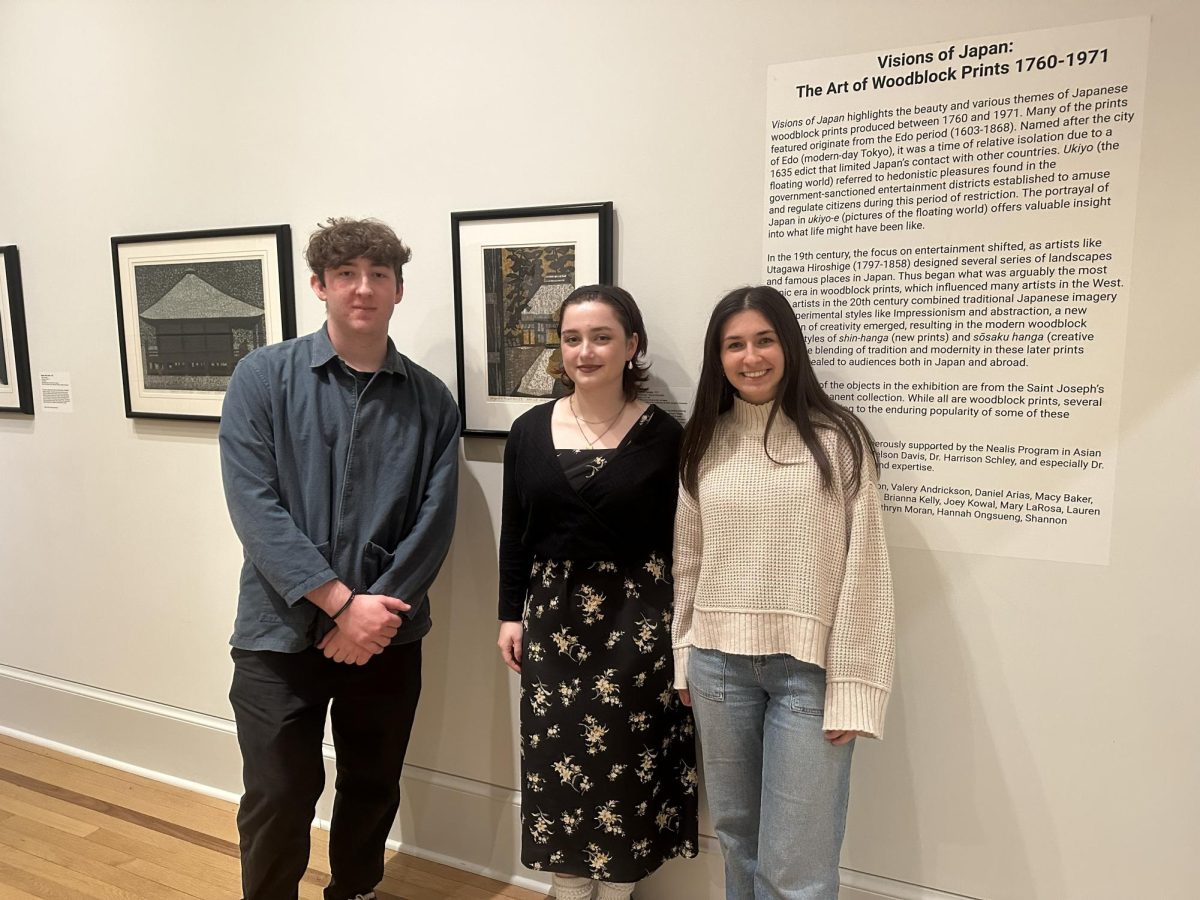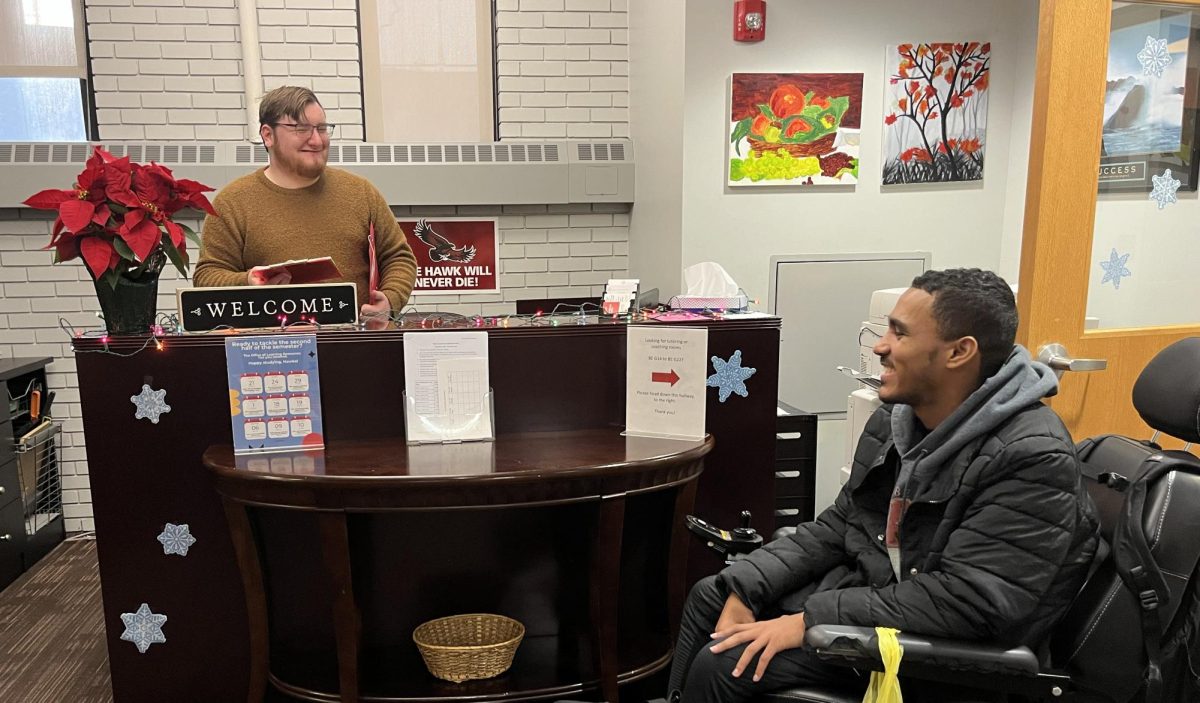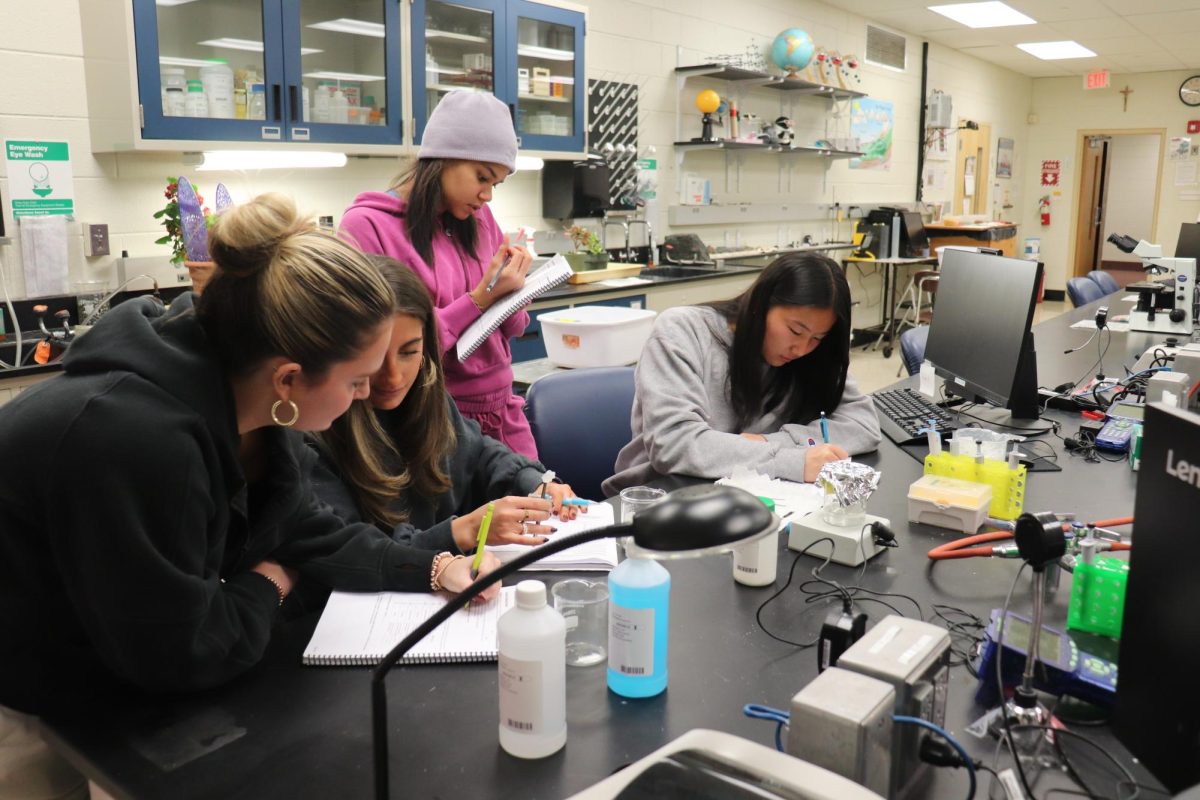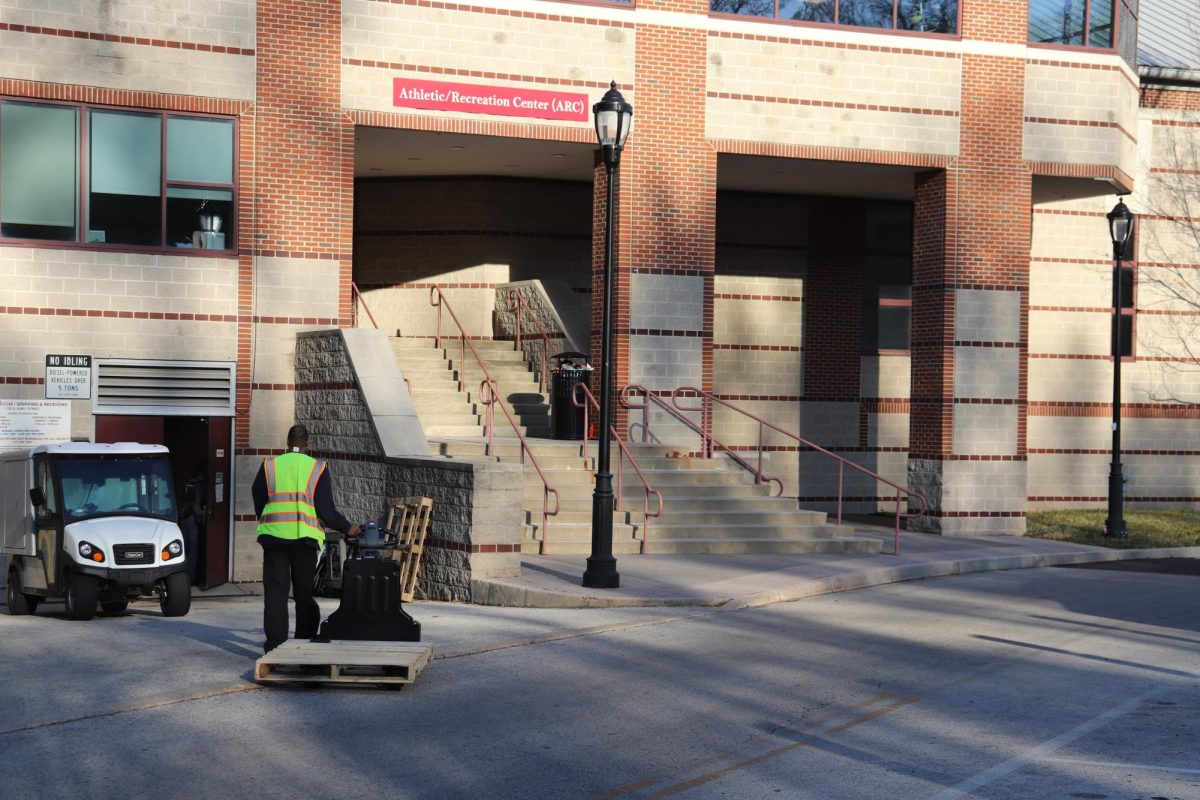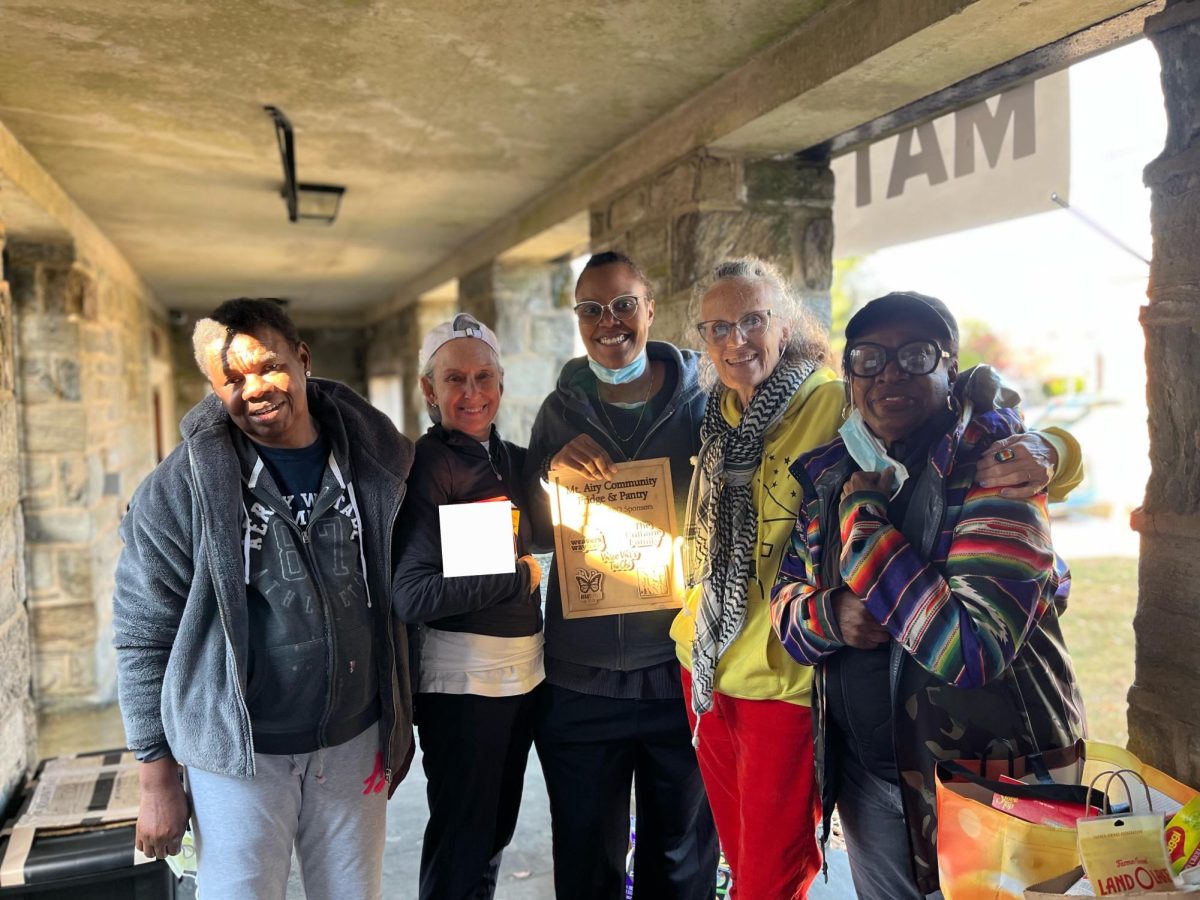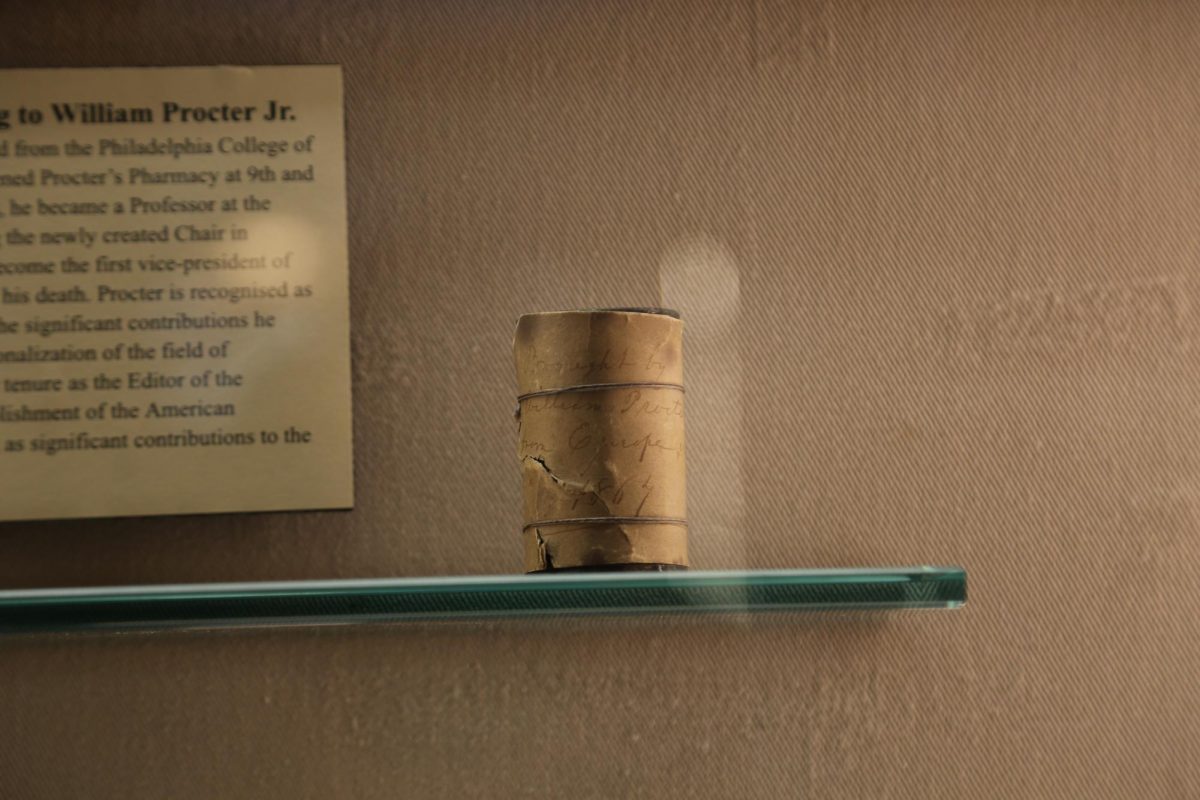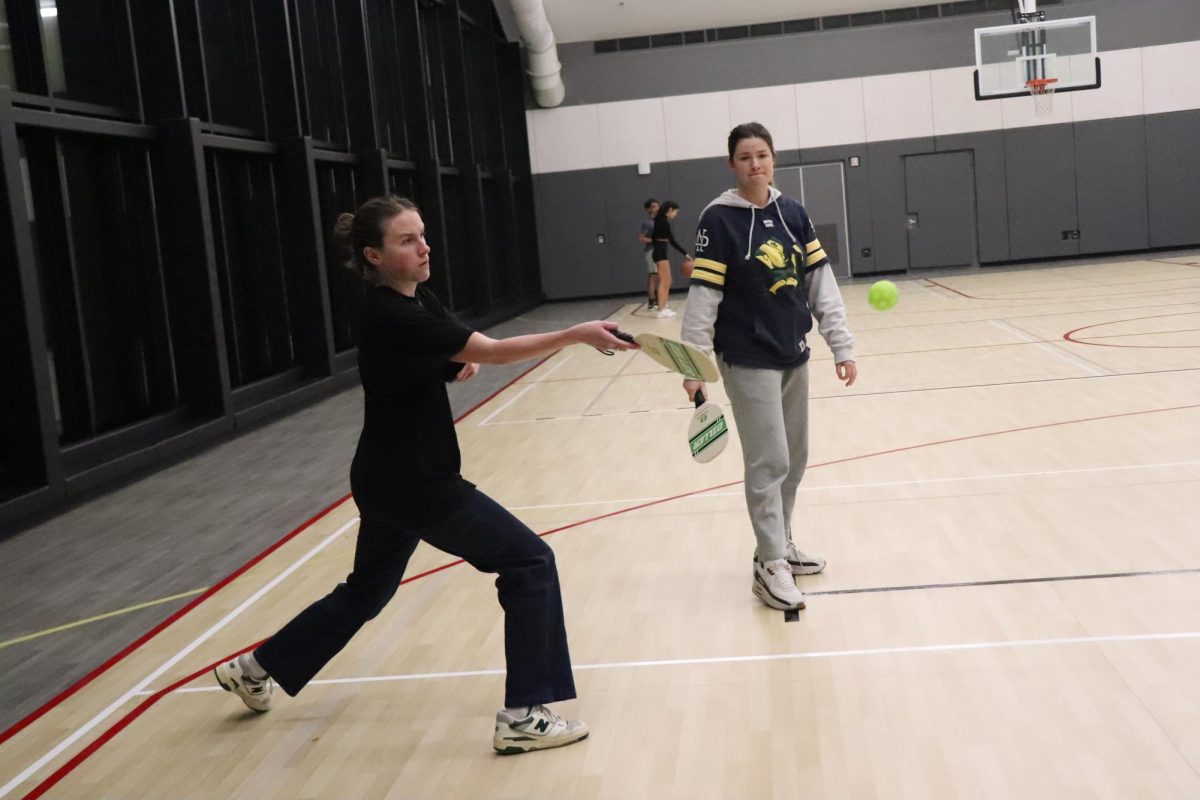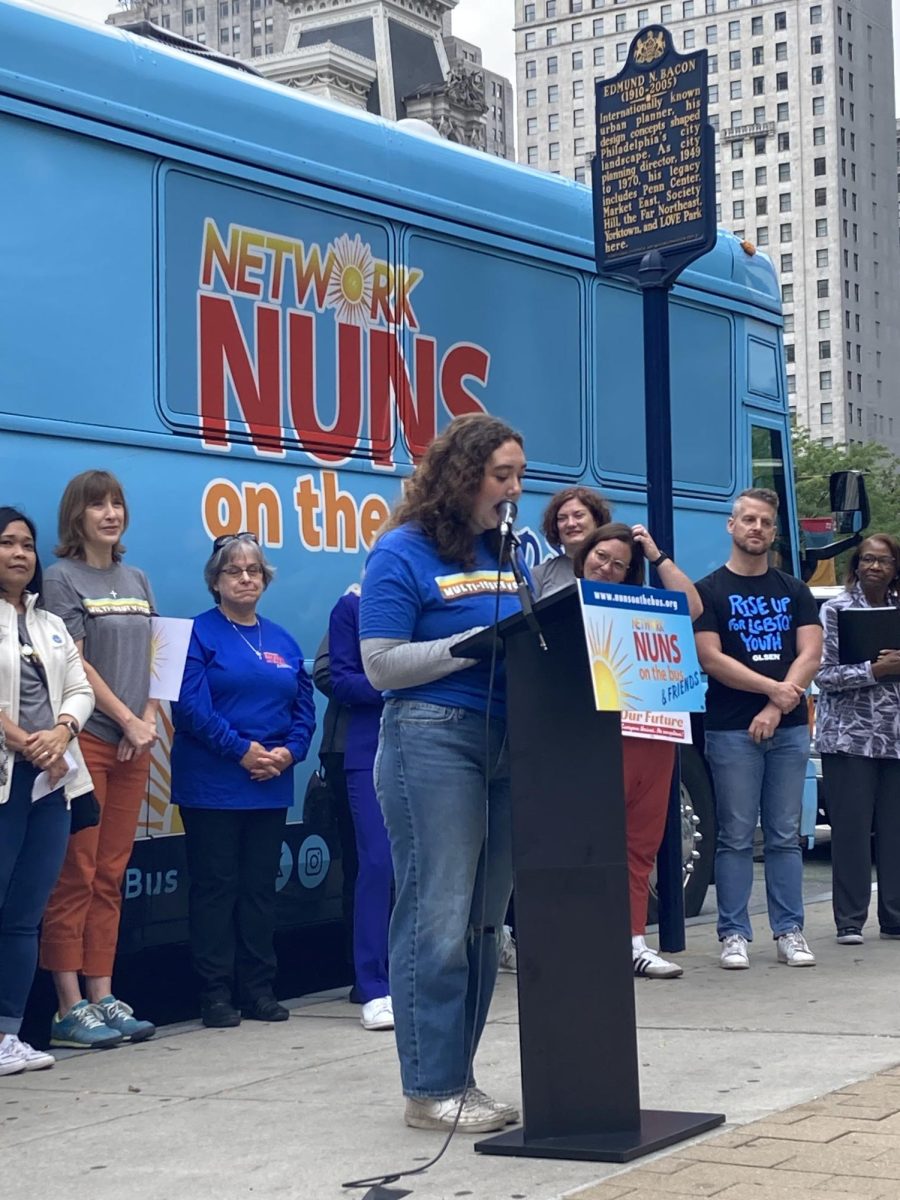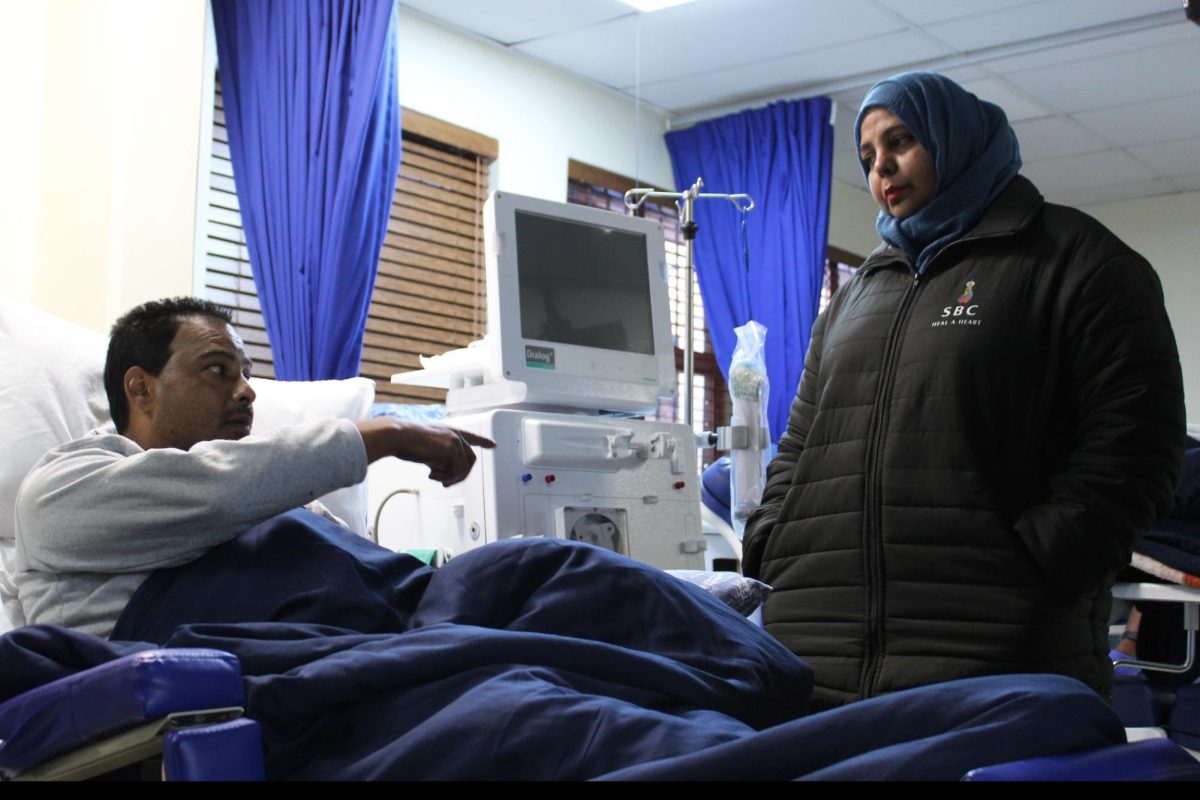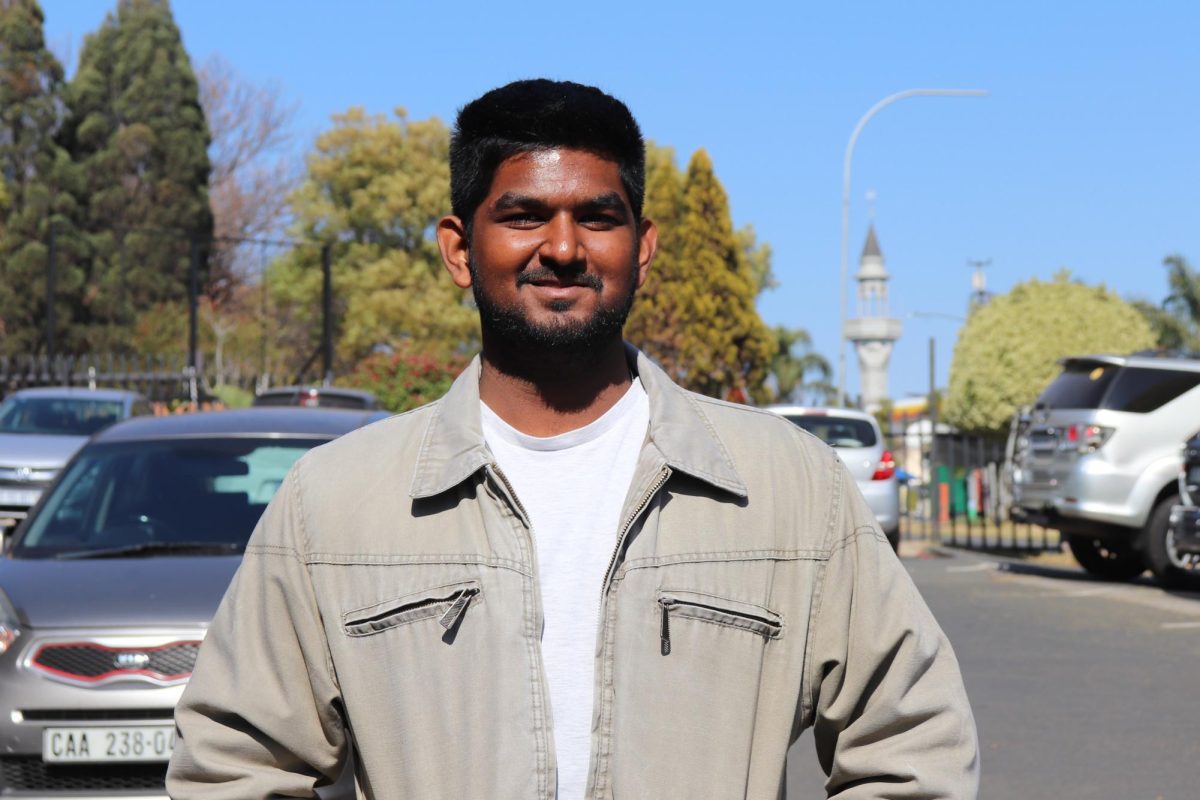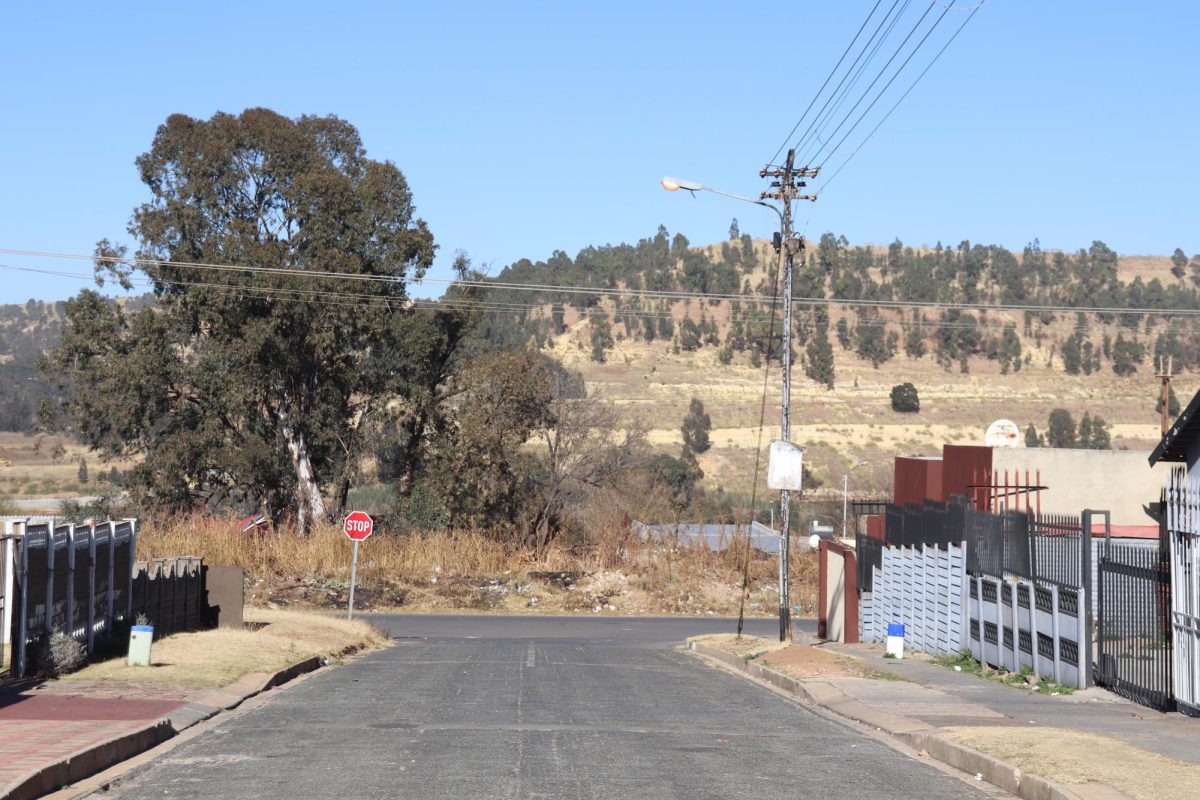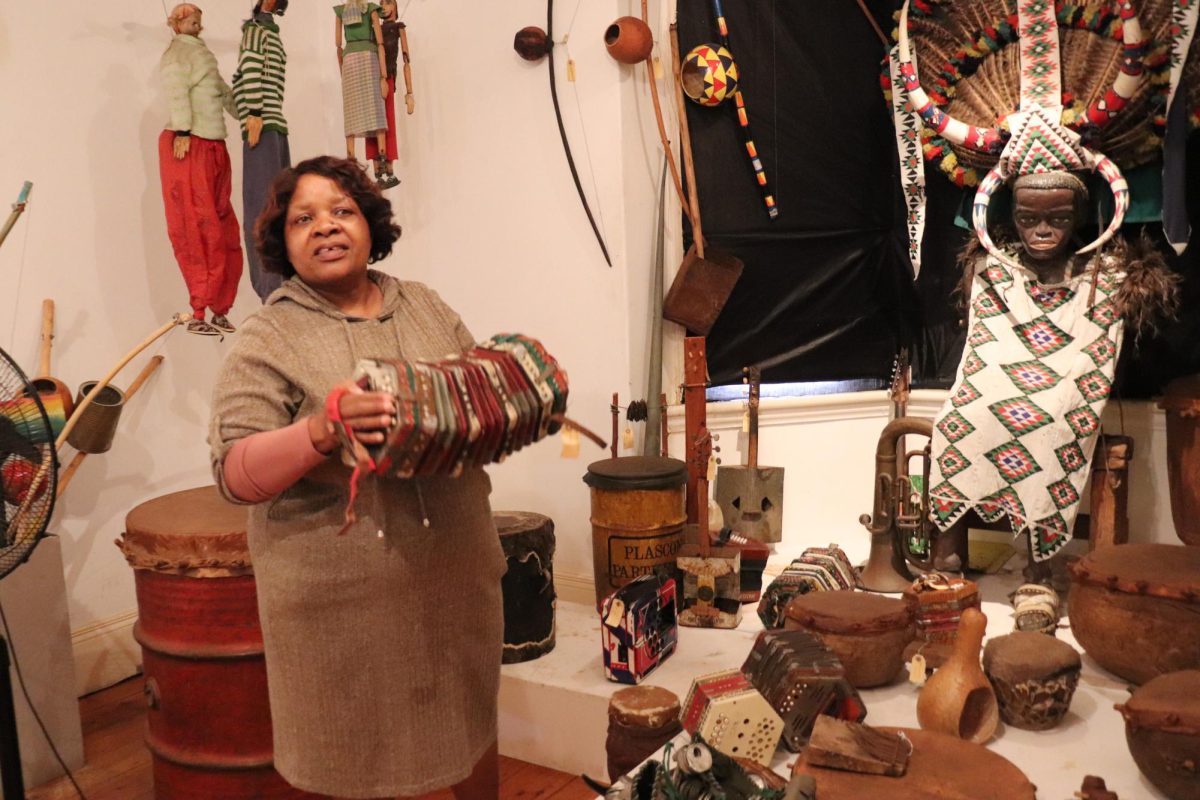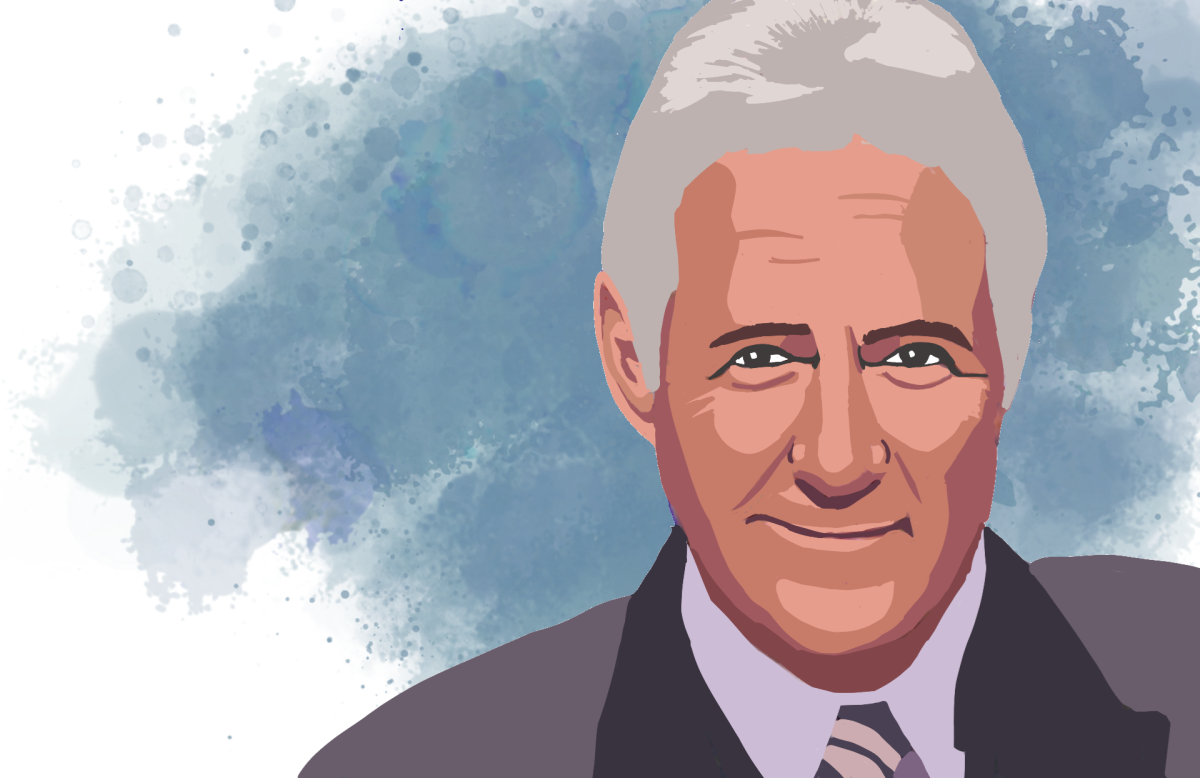His bringing awareness to pancreatic cancer must carry on
After the loss of Alex Trebek on Nov. 8, social media was flooded with clips of people’s favorite Trebek moments on “Jeopardy!,” most of which included him making jokes about the various questions and categories, or making witty comments about contestants for something they said. Along with showing Trebek’s sense of humor, there were also more serious and meaningful clips that demonstrated his impact. It is clear that Trebek impacted many lives and his loss was felt in homes throughout the U.S., including my own.
I didn’t know Trebek personally, but it feels like I did. Every weeknight at 7 p.m., my family and I would gather around our TV to watch “Jeopardy!,” our favorite game show. This time was important to me because it was one of the only times of the day that my family would all spend together, given our busy schedules. Growing up, I would even cancel or postpone plans solely so that I could make sure I was home to watch “Jeopardy!”
To me, “Jeopardy!” represents spending time with my family, which was made possible by Trebek. This tradition made it feel like Trebek was also part of my family.
Trebek’s death had an additional personal meaning to my family because of his battle with pancreatic cancer. In 2008, my uncle was diagnosed with stage four pancreatic cancer and passed away only four months after he was diagnosed, at age 43. Last year, a family friend was also diagnosed with stage four pancreatic cancer and passed away at age 52, nine months after being diagnosed.
Pancreatic cancer is the third leading cause of cancer-related deaths in the U.S. In 2020, the five year survival rate of pancreatic cancer reached 10%, which is the first time it has ever gone above single digits.
One of the main reasons why pancreatic cancer is the cause of so many cancer-related deaths is because it is very difficult to detect at an early stage. The symptoms are not obvious and are often mistaken for other things. The location of the pancreas also makes it difficult for doctors to detect tumors. When pancreatic cancer is detected, it has usually already spread past the pancreas and has progressed to a later stage. As a result, it is very difficult to treat.
In order to effectively treat pancreatic cancer, it must be detected at an earlier stage, which requires more research into testing. However, the research cannot be done without more awareness and funding. Increased awareness and funding for pancreatic cancer research needs to be made a priority.
Trebek announced his diagnosis of stage four pancreatic cancer on March 6, 2019, which was more than a year before his death. After his diagnosis, Trebek worked hard to bring awareness to pancreatic cancer by being open about his symptoms and experiences.
Trebek’s openness about his own experience helped to save other’s lives. After hearing about Trebek’s symptoms, a man named Chuck Paulausky realized that he was having similar symptoms and went to see his doctor. Paulausky was then diagnosed with a very early stage of pancreatic cancer and he was able to receive treatment.
Trebek brought hope to all those who have been affected by this horrific disease. November is pancreatic cancer awareness month. Trebek’s work of bringing more awareness to pancreatic cancer must be continued, so that one day, there might be a cure for this terrible disease. In order to continue Trebek’s fight against pancreatic cancer, visit the Pancreatic Cancer Action Network’s website for more information and ways to donate and get involved.
Thank you, Alex Trebek, for bringing hope to those affected by pancreatic cancer and providing my family and millions of other families with joy and laughter through “Jeopardy.”

